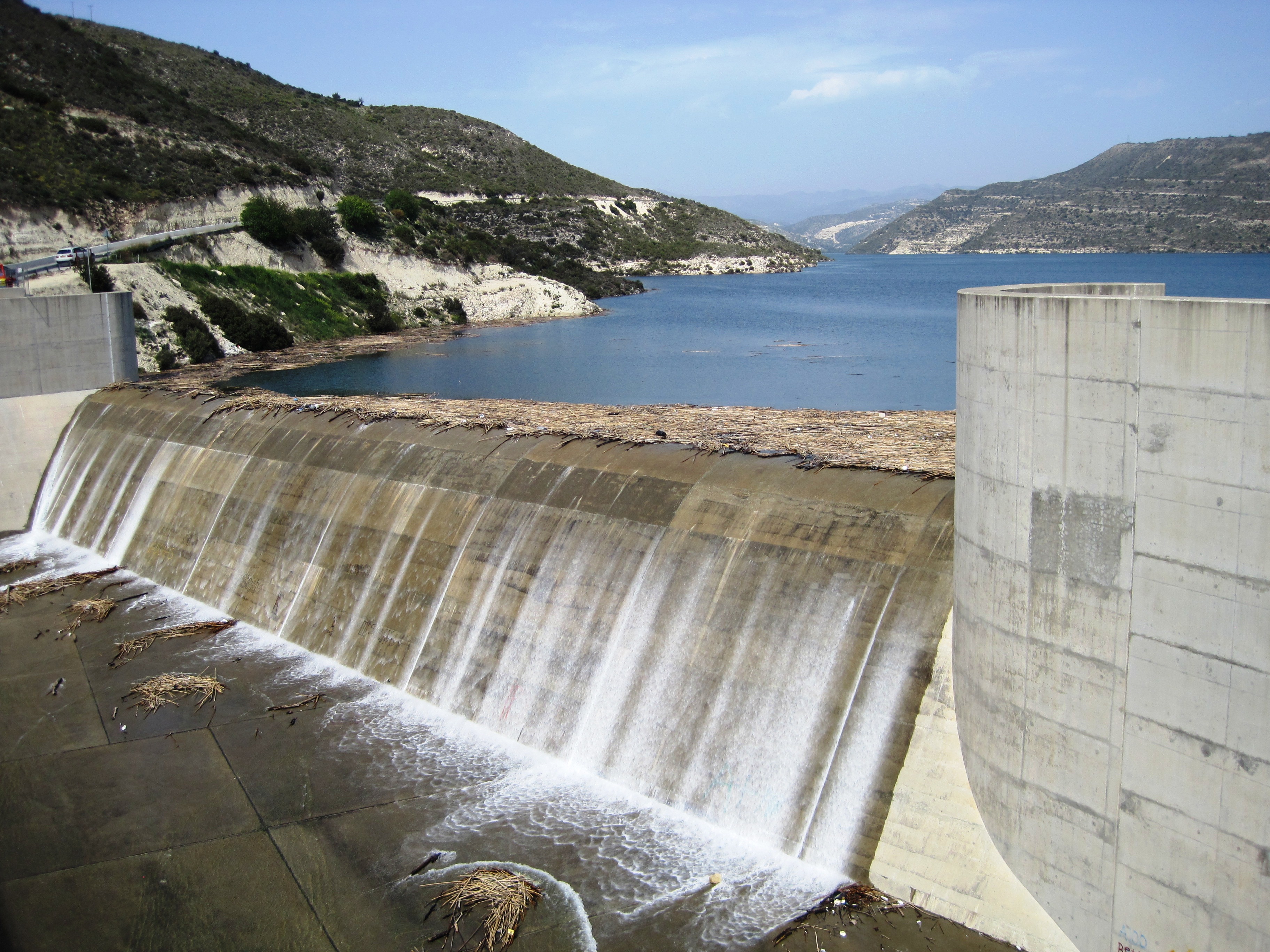Apart from complaints by farmers, little has been said in public about the acute water shortage facing the country. It is almost as if it is no problem for the government. We should not complain that there have been no water cuts, but the overriding impression, created by the authorities, seems to be that there is no cause for concern.
A report about water reserves would suggest everyone should be concerned. The total reserves in dams on July 19, according to the Water Board, were at 36.8 per cent of capacity, compared to 60.7 per cent for the corresponding period last year, which was also considered relatively low. The dams of Nicosia were at 29.8 per cent compared to 76.3 per cent for the same period last year while those of the southern conveyor, which includes Kouris – the biggest dam – were slightly better. They were at 33.8 per cent compared to 56.5 per cent last year.
These are the consequences of a very dry year. The Water Board said half the amount of water flowed into the dams from October 2023 to July 19 (24.5 million cubic metres) compared to that of the previous hydrological year (October 2022 to September 2023) which stood at 48.77 million cubic metres. As is usually the case, farmers were the first to feel the consequences of the water shortage, the amounts given to them having been drastically reduced. A farming union representative said the water quantities have been reduced by as much as 60 per cent this year.
Farmers in the east of the country have demanded an extra 2 million cubic metres from the southern conveyor and those in the west want an extra million from the Asprokremmos dam. A farmer’s representative said that boreholes were not of great help as water from them was salty and harmed crops. A protest that was scheduled for Monday to push these demands was called off after the agriculture ministry promised the Water Development Board would increase quantities.
Talks with the board have already begun, but whether the farmers would be given the quantities they are demanding is unknown. The reduced water supply to farming has already affected the prices of fruit and vegetables, which have been steadily rising. They will climb even higher with a restricted water supply as production will keep falling.
To deal with the water shortage, the government will spend €58.1 million buying water from desalination plants. It has also imposed a ban on the use of hosepipes on pavements, verandas, roads and cars, with a €500 fine for offenders, but this seems like a drop in the ocean. What we need, given that acute water shortages have become very frequent, is a much broader water-saving policy. We may need more plants treating wastewater, a ban on lawns in houses and public places, a rethink on golf courses. The authorities have never really put together a comprehensive, long-term plan for dealing with the water problem, which will only get worse. It is high time a plan is formulated.







Click here to change your cookie preferences